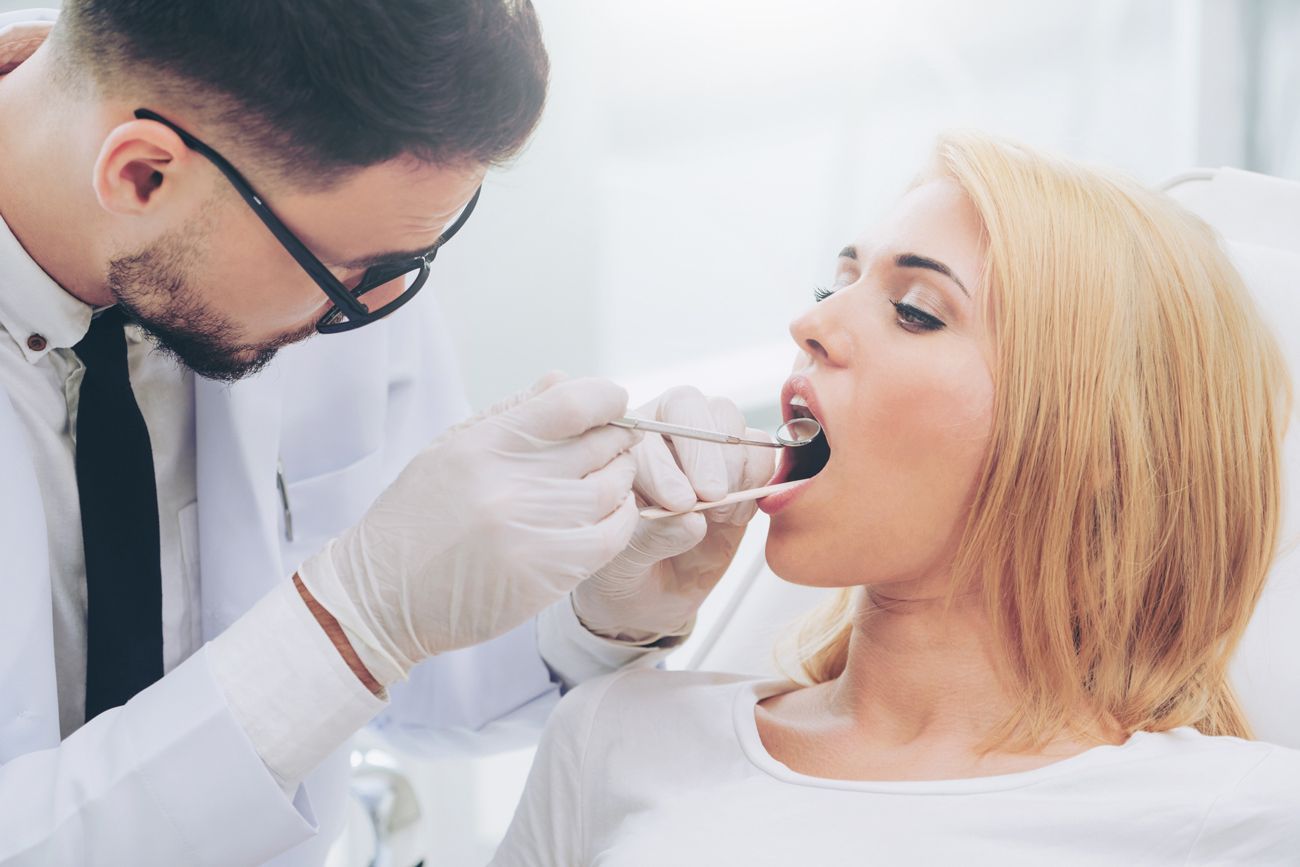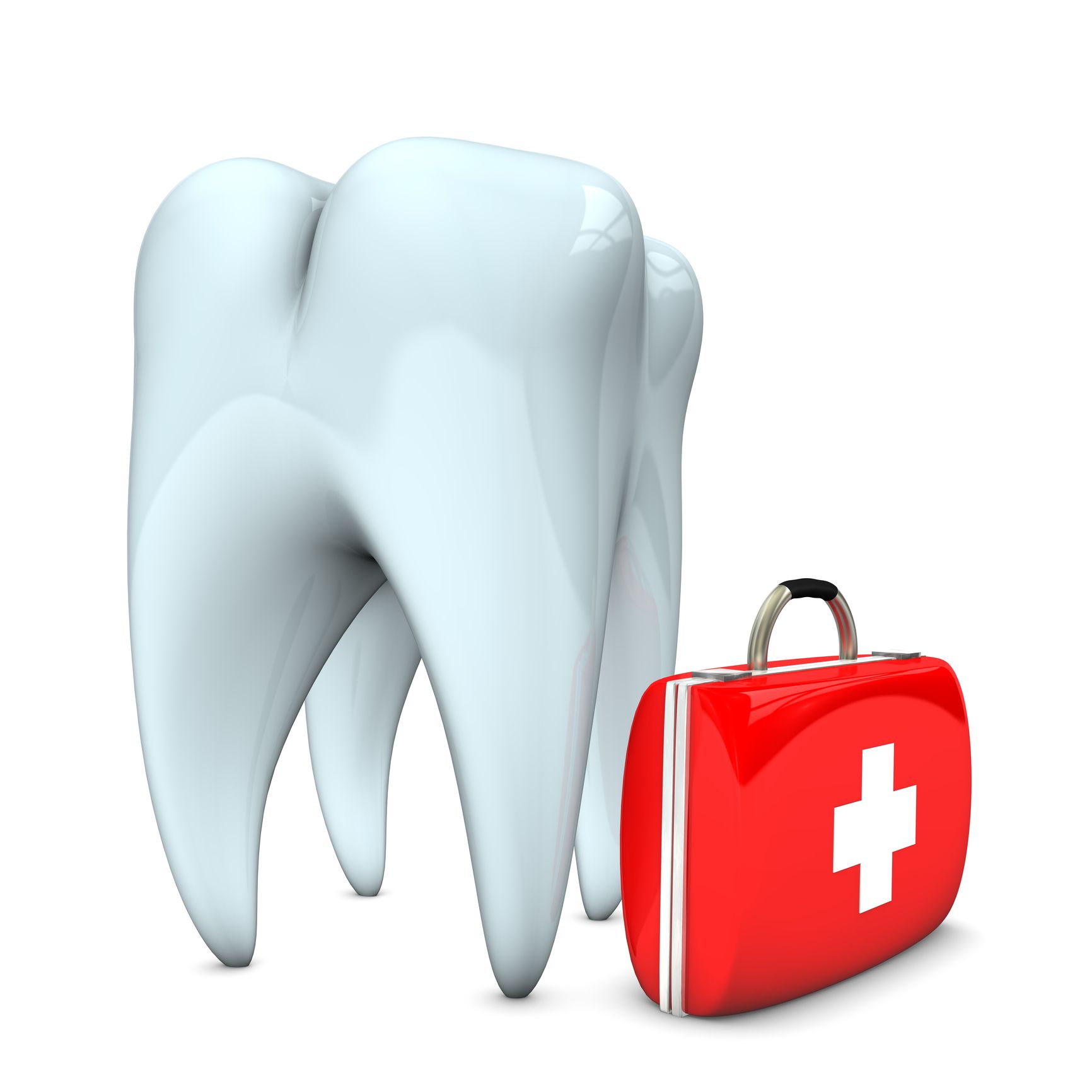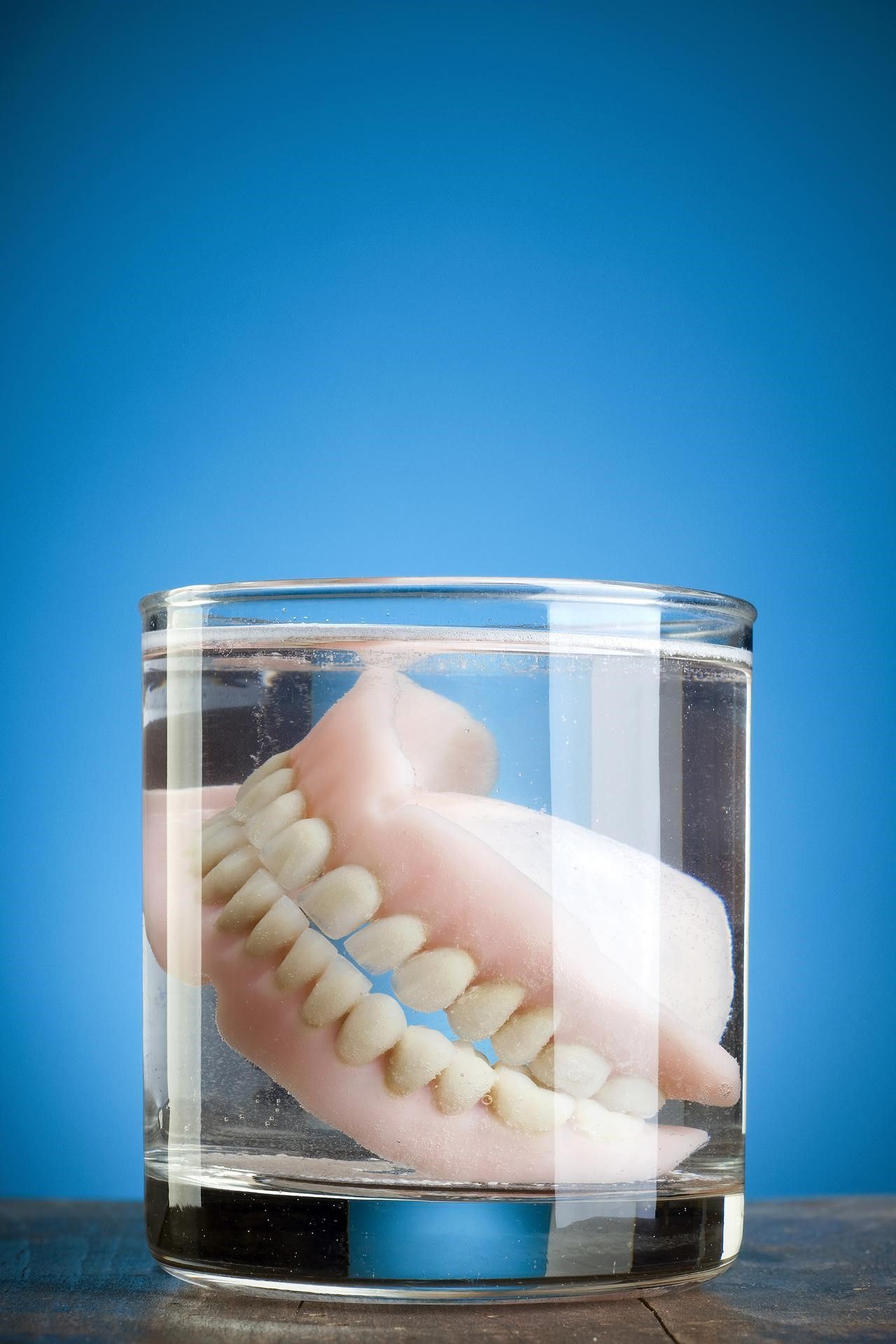Everything You Need to Know About Dental Avulsion
Your oral health is important, but even if you do everything to keep your smile healthy, accidents occur. In some cases, a major accident can cause sudden and total dislodgement of a tooth. If this happens, you may be wondering what to do. If you would like to know more about dental avulsion, keep reading.
What Is Dental Avulsion?
In most cases, tooth loss is associated with poor oral hygiene, gum disease, and severe decay. However, regardless of how well you care for your teeth, accidents happen. Dental avulsion refers to teeth that have been knocked out of the gums. Avulsed teeth are fully dislodged, so there are no pieces of tooth root left behind. This typically leaves the patient with an open, bleeding socket.
The leading cause of dental avulsion is blunt force trauma to the mouth. This is common in car accidents and high-impact sports, but it can happen because of falls and other accidents too. Patients with dental avulsion may experience pain and discomfort.
Can a Displaced Tooth Be Reinserted?
When the tooth is lost due to trauma, it can't be reinserted, but teeth that have been suddenly and fully dislodged have a chance of healing if treated immediately. Typically, the tooth needs to be reinserted within 30 minutes for the best results. During reinsertion, the area and the tooth are cleaned to reduce the risk of infection.
The longer you wait, the worse the prognosis. Ideally, over time, the tooth becomes secure again. After about two hours, replacement is only done under special circumstances and with specialists. After three hours, the procedure is not recommended.
Before you manage to reach your dentist, store the tooth properly. Ideally, store it in a container of milk, but if you don't have any milk, keep it under your tongue. Don't attempt to clean the tooth yourself before putting it in milk or under your tongue. In fact, how you store the tooth may be more important than how long you find treatment.
Are There Any Risks of Reinserting the Tooth?
There are some risks associated with reinserting the tooth. First, when your tooth is dislodged, it loses the blood supply. Therefore, hypoxia and necrosis of the tooth's pulp occur. For this reason, even if the tooth is successfully replaced, it may be weak and at risk of infection. Therefore, your dentist may recommend a root canal treatment and/or a dental crown to help strengthen the dead tooth.
In addition, tooth avulsion is traumatic, and there is a risk that your mouth simply won't respond to treatment. Therefore, even after going through the procedure, your tooth may end up falling out again in the near future.
Should You Replace a Missing Tooth?
If the tooth can't be reinserted or the tooth falls out later, you may be wondering if you should bother replacing the tooth. However, missing teeth cause a lot of problems. Naturally, it affects your smile, especially if a front tooth is missing, but even missing back teeth can affect your self-esteem and confidence.
Missing teeth also affect your ability to eat, and missing front teeth may hinder your ability to speak properly. Regardless of the location of the missing tooth, the remaining teeth will start to shift. This shrinks the gap where the missing tooth was located, making it harder to replace the tooth in the future. Plus, as the teeth move, it changes your bite.
If your tooth gets knocked out, your dentist may be able to reinsert it, especially if you store it correctly and seek treatment fast. This is a great way to save on money and future expenses to replace the tooth. For more information, contact us at Eastland Dental Center & Professional Dental Care today.









